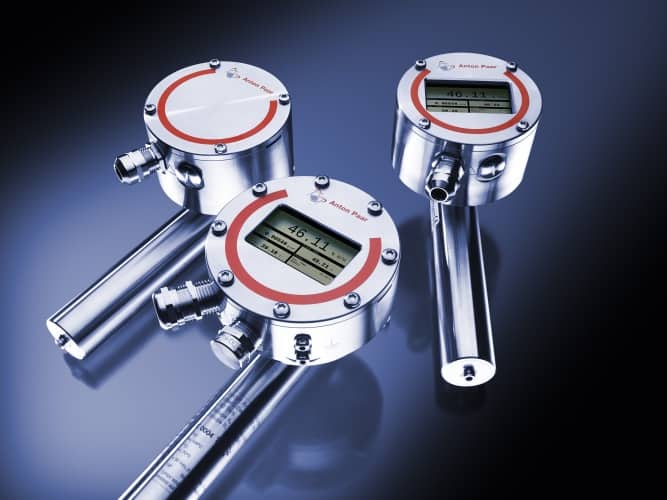
Fuels always contain a certain amount of dissolved water that is unproblematic as long as it remains below specific limits. The water content can be increased by various factors. Obvious circumstances such as leakage or water entry into storage and transport systems, as well as effects such as condensation caused by temperature changes or moist air entering the system, are only the main reasons for increased water content. High turnover rates in fuel distribution do not allow time for water to settle out of the product before transportation. Additionally, some fuels are more receptive to moisture accumulation, e.g. biodiesel or high aromatic fuels.
The highly accurate density sensor L-Dens 417 Ex continuously measures the density of fuels or hydrocarbons with a response time of one second. This ensures constant quality control at loading or unloading operations and enables rapid reaction to variations in composition and quality, e.g. water phase detection.










Radio wave weapon knocks out drone swarms
Probably. A radio-controlled drone cannot be completely shielded to RF, else you´d lose the ability to control it. The fibre optical cable removes...